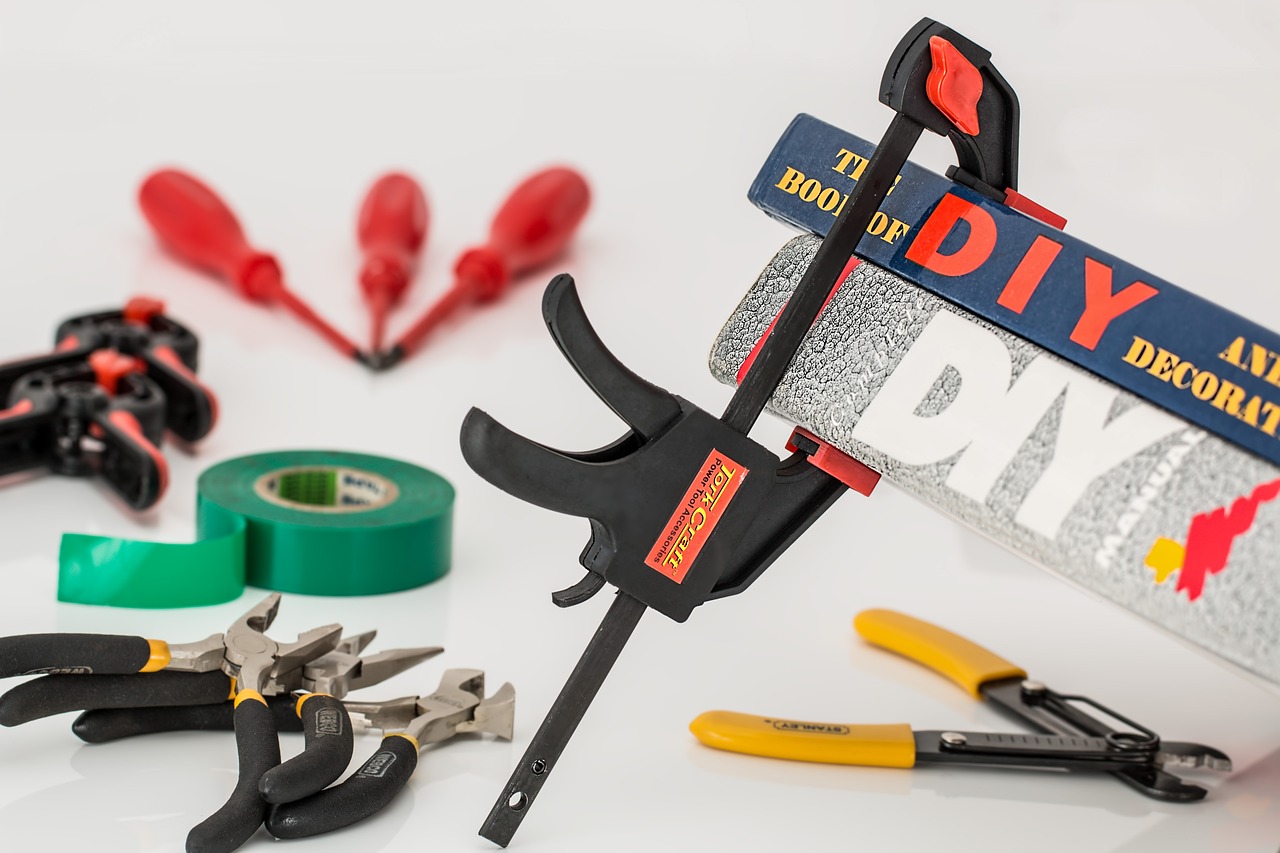Wills in Sible Hedingham and throughout the UK need to be written based on the answers to some initial questions you should consider first –
(1) Who would you like to look after your children?
Choosing who is going to be the guardian of your children is a very important issue to be resolved as a couple since you must name the same person or people together in your Mirror/Joint wills in Sible Hedingham or other locations throughout the UK. This is because you need to know whoever you choose will look after your children in the way that you envisaged (or at least to the very best of their ability) under the terms of your wills. Therefore, you might want to consider having a Memorandum/Letter of Wishes drafted to provide more details in relation to how your children are to be taken care of under the terms of your wills in Sible Hedingham and in the rest of the UK.
(2) What age would you like your children to inherit?
The most common alternatives are 18, 21 or 25 years of age as it is really a question of when you think they will be sufficiently mature to look after their own financial interests.
(3) What are your assets?
It may help if you both look to make a list of all your assets such as cash, investments, vehicles and any other personal possessions of value in view of the rules relating to inheritance tax and the ‘nil rate band’ of £325,000 with estates worth more than that then having a 40% tax rate (although it will be 36% where a charitable gift is made in your will worth 10% of your estate).
(4) Who will you appoint as your Executors (aside from one another where it is you and your partner making your wills together)?
An executor is someone you have named in your Wills in Sible Hedingham and throughout the UK as the people you would like to be responsible for handling your affairs after your death.
Being an executor involves a considerable amount of work, and includes the following responsibilities:
(a) Dealing with all the paperwork related to your estate.
(b) Gathering all the assets of your estate.
(c) Ensuring that all your debts, bills and taxes are paid out of the money in your estate.
(d) Distributing the remainder of your estate (after payment of debts, bills and taxes) in accordance with your Will.
(e) Holding assets or money ‘in trust’ for a beneficiary, if this is a requirement of your Will, e.g. if the beneficiary is under 18 at the time of your death.
It is important to choose your executor(s) with care, as these responsibilities can be difficult for someone who is unaccustomed to dealing with official and financial matters. In certain circumstances, an executor who makes an error in carrying out these responsibilities can be held personally liable for any loss suffered by another person as a result.
It is also advisable to speak to the person you are considering appointing as an executor before writing your Will, to ensure that they are willing to undertake this responsibility.
When choosing an executor, bear in mind the following:
(a) Two executors are better than one, as this provides ‘back-up’ if your appointed executor passes away or is otherwise incapacitated at the time of your death (You may appoint up to four executors).
(b) Your executor should be a responsible person who is willing and able to handle the legal, financial and administrative tasks involved in dealing with your estate.
(c) Ideally, one of your executors should be younger than you, so that there is a reasonable chance that they will out-live you.
(d) If you are married or in a civil partnership, your spouse or partner would ordinarily be one of your executors.
(e) If your children are over 18, they can be appointed joint executors.
(f) If one or more of your children is under 18, it is advisable to appoint a professional such as a solicitor or accountant as one of the executors, as it will be necessary to establish a ‘trust’ in which property is held until the child reaches 18.
(5) How will you distribute your assets?
Your assets are everything you own, including houses, land, overseas property, cash, stocks and shares and other investments, jewellery, antiques, household contents and other personal possessions.
While you may leave your assets to anyone you wish, you should be aware that the Provision for Family and Dependents Act 1975 requires that, wherever possible, you should leave enough to your dependents for them to live on. If you have dependents and write a Will that leaves everything to another beneficiary, your Will may be challenged in the courts, who may declare it invalid.
(6) Here are some issues to consider when deciding how you wish to distribute your assets:
(i) Who are your dependents?
(a) Your partner: as well as your spouse or civil partner you may need to consider any former spouse or civil partner who has not re-married, or any partner with whom you’ve been living for at least the last two years.
(b) Your children: as well as your natural children, you will also need to make arrangements for anyone that you have been caring for as if they were your child.
(c) Others: You may also need to make arrangements for anyone that you have been financially providing for, such as an elderly or infirm relative.
(ii) What do you want to leave them?
If you want to leave gifts of money to a beneficiary/beneficiaries, there are various ways to go about it.
* By giving a lump sum, also known as capital. You can do this in a number of ways:
(a) by naming your intended beneficiary (e.g. your partner/child) as the beneficiary of your life insurance policy,
(b) by stating in your Will that you would like the beneficiary to receive the money in your savings accounts,
(c) by stating in your Will that you wish to leave the beneficiary a percentage of your estate.
* By arranging a regular income, also known as life interest. You can do this in one of the following ways:
(a) by arranging for the beneficiary to receive income from your pension,
(b) by leaving the beneficiary an investment that pays out regular profits, e.g. bonds, investment funds,
(c) by leaving the beneficiary some assets in a Trust that pays them a regular income.
If you prefer, you may leave both a lump sum and a regular income.
(iii) Who else to you want to remember in your Will?
(a) There may be other (non-dependent) relatives and friends to whom you want to give some small gift. This may be a sum of money or a specific object of monetary or sentimental value.
(b) Bear in mind that any cash gifts you leave to charity are not charged Inheritance Tax. Make sure that your Will states the exact name, address and registered charity number of the charity to which you want to give.
(iv) Who do you want to inherit if your chosen beneficiaries were to pass away before you?
For example, should you have any grandchildren you may wish for them to inherit directly through the terms of your wills if their parents were to die.
(7) Who is going to witness your wills?
(a) You need two independent witnesses who will not benefit in any way either directly or indirectly from your respective wills.
(b) Most people usually use their neighbours or close friends.
(c) It must be someone who would be happy to be contacted in the event that your wills validity are called into question.
(8) Do you already have a will in place?
If you already have a will in place it is important to find it and destroy it because otherwise it may lead to confusion with regard to your wishes if someone seeks to contest your will. Therefore, the problem with wills in Sible Hedingham and other parts of the UK could prove to be problematic in practice.
(9) How many copies of your wills do you want?
Andrew Douglas Wills and Legal Services will provide you with one additional copy of your wills in Sible Hedingham and throughout Essex outside of the original for your records. However, some people require more copies for, for example, the guardians of their children and the executors of their estate and these can be provided for you for a small additional fee upon request with regard to wills in Sible Hedingham and throughout the UK.
(10) Where are you going to store your wills?
Andrew Douglas Wills and Legal Services can store your wills in Sible Hedingham and Essex for a monthly fee (or a one-off economical lifetime payment) in a secure location until such time as you require them for whatever purpose upon providing your individual ID codes.
(11) Have you considered having living wills and or lasting powers of attorney produced?
Living wills (also known as an Advanced Directive) and/or lasting powers of attorney may be other things that you may want to consider to take care of your needs.
With this in mind, you are advised to seek assistance from a service provider like Andrew Douglas Wills and Legal Services to give you further advice about any inheritance tax that you may be required to pay and with regard to the writing of your wills in Sible Hedingham and throughout Essex.
————————————————————————————————————
For more information check out our website at www.andrewdouglaswills.co.uk.
Follow us on Twitter at https://twitter.com/ADouglasWills.
Follow us on Facebook at https://www.facebook.com/AndrewDouglasWills.




